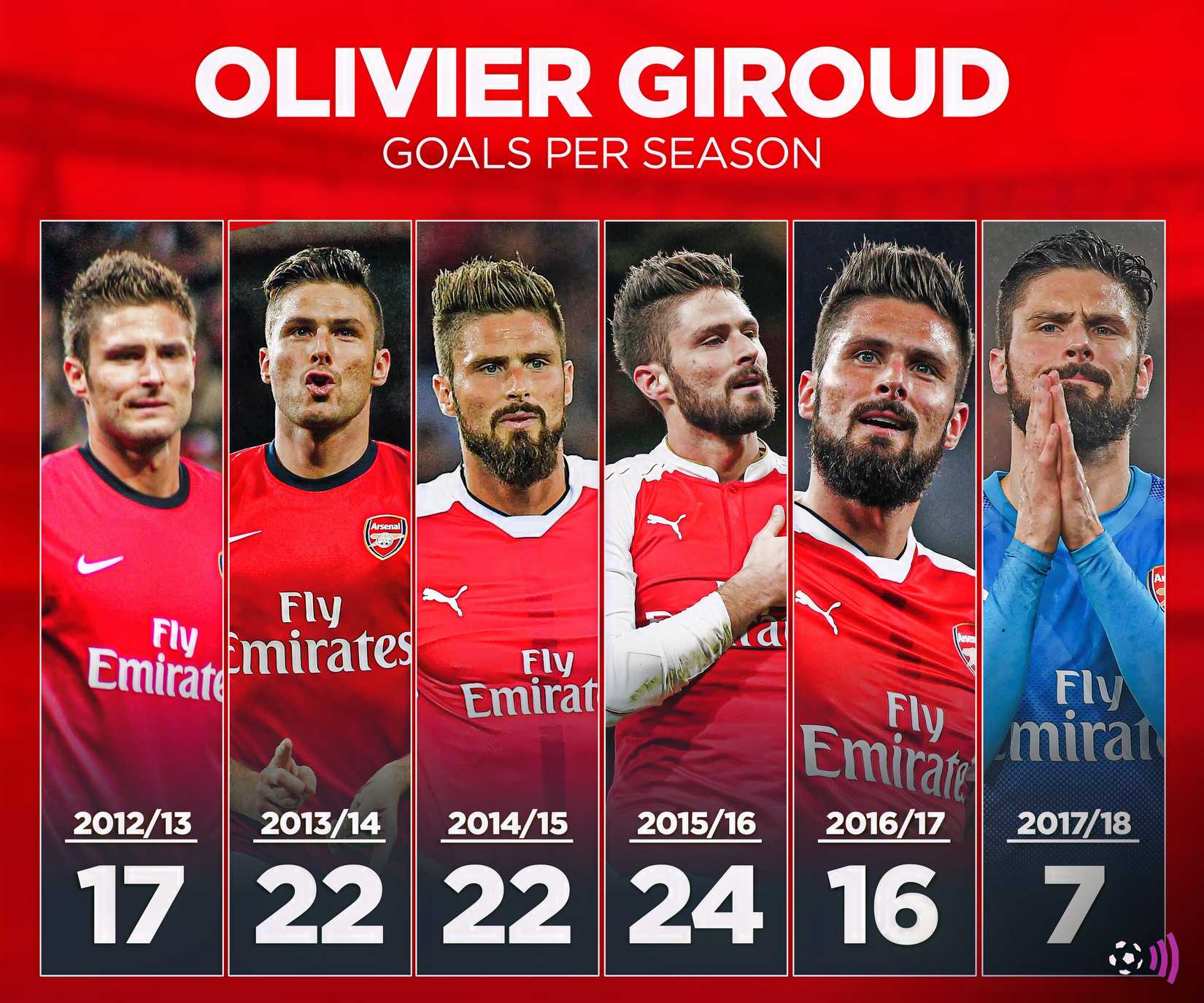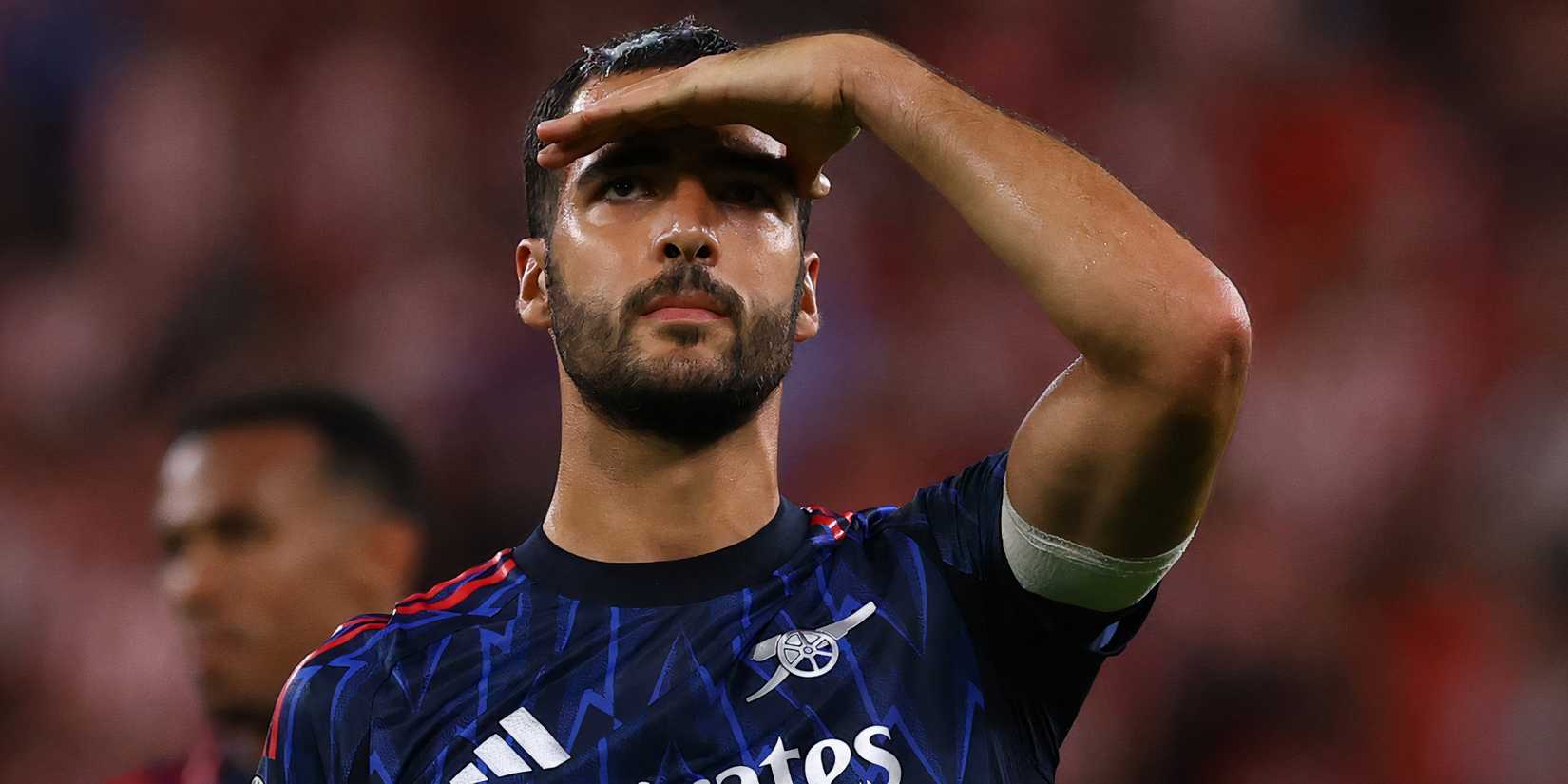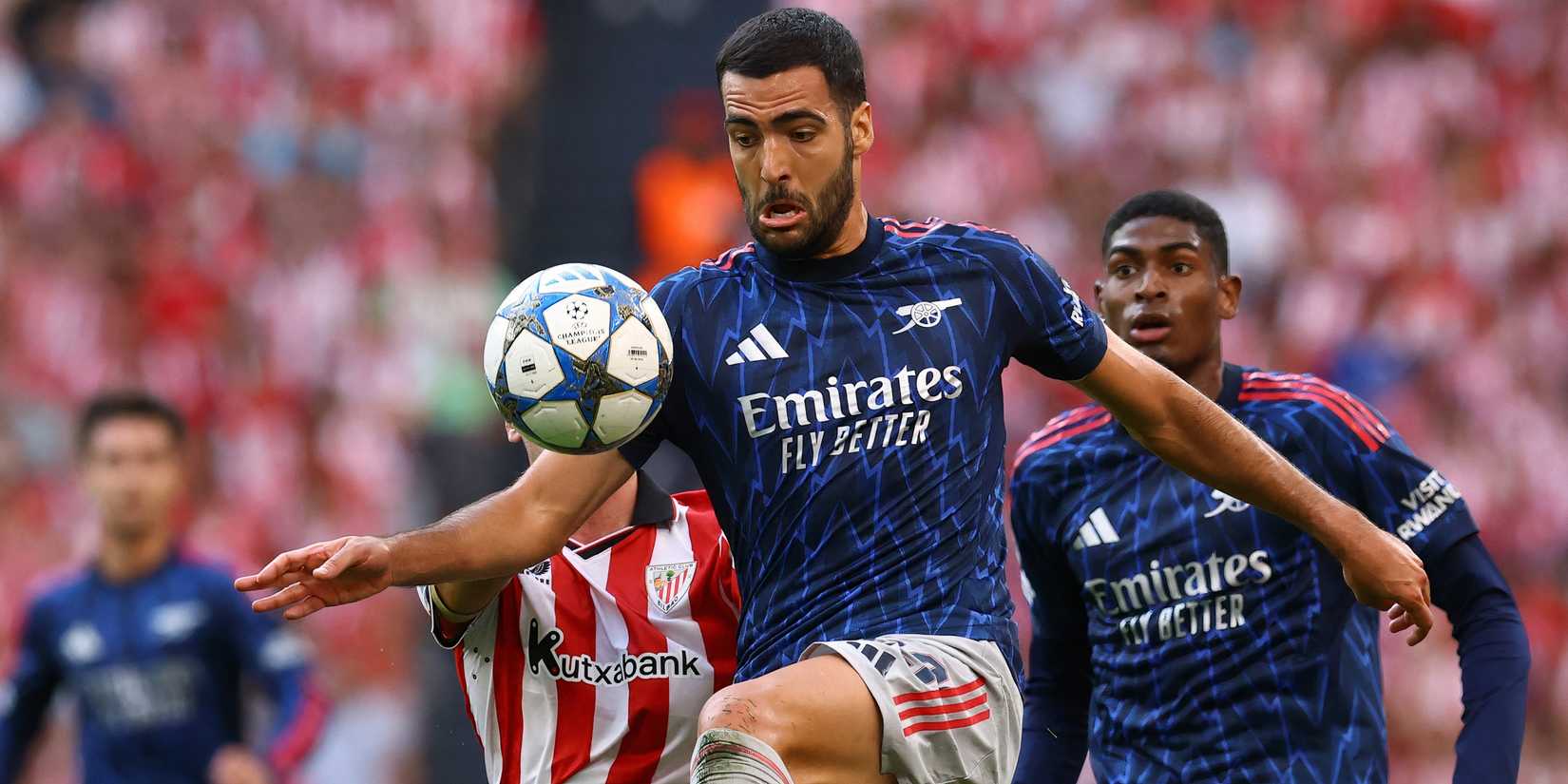The recent Premier League weekend proved to be a pivotal one for Arsenal and manager Mikel Arteta. With a surprising assist from Crystal Palace, who upset Liverpool, the Gunners were handed a golden opportunity in the title race. While they initially stumbled, dropping points, a late winner from Gabriel Magalhães secured a crucial victory at St James` Park.
It was a performance brimming with grit and determination, where almost every player on the pitch delivered. Yet, amidst the celebration, a subtle but persistent narrative continues to simmer around one particular player: Mikel Merino. The £28m midfielder, it seems, is rapidly becoming Arsenal`s modern-day Olivier Giroud – an impactful player often unfairly designated as a scapegoat.
The Echoes of Olivier Giroud`s Tenure
Rewind to the summer of 2012 when Arsenal signed Olivier Giroud from Montpellier. He arrived fresh off a season where his 25 goals and 12 assists propelled his team to a Ligue 1 title. His start in North London wasn`t seamless, taking seven Premier League games to open his scoring account. Nevertheless, his first season concluded with a respectable 17 goals and 11 assists across all competitions.

Giroud continued to deliver consistent numbers, even contributing two assists in an FA Cup final triumph. Yet, despite his goal involvements and moments of undeniable brilliance – including a Puskas Award-winning scorpion kick – he was relentlessly criticised. Stories emerged as early as 2014 lamenting his perceived lack of clinical finishing, with some pundits boldly claiming Arsène Wenger couldn`t win the league with him leading the line.
These criticisms reached a crescendo during the 2015/16 season when Arsenal had a genuine title shot. Giroud endured a barren spell, failing to score a single goal in the league between gameweek 22 and 36. His role eventually diminished with the arrival of Alexandre Lacazette and later Pierre-Emerick Aubameyang, leading to his £18m sale to Chelsea.
By the time he departed the Emirates, Giroud had amassed an impressive 105 goals and 38 assists in 253 appearances, coupled with three FA Cup medals. His record speaks for itself, yet he was often unfairly singled out when things went awry. A classic case of the `scapegoat syndrome` in football.
|
Giroud`s Arsenal record |
|
|---|---|
|
Appearances |
253 |
|
Minutes |
16085` |
|
Goals |
105 |
|
Assists |
38 |
|
Goal Involvements per Match |
0.56 |
|
Minutes per Goal Involvement |
112.48` |
|
All Stats via Transfermarkt |
|
Mikel Merino: Arsenal`s Modern Scapegoat?
Fast forward to today, and a strikingly similar pattern appears to be unfolding around Mikel Merino. While some might first think of a player like Viktor Gyokeres in this comparison, it is Merino, the £28m midfielder, who truly embodies the “modern Giroud” archetype at Arsenal.

The most glaring similarity is the alacrity with which fans and pundits point fingers at the Spaniard when Arsenal falters. Even if he`s played just a fleeting ten minutes, Merino often finds himself in the crosshairs of online criticism, irrespective of his actual impact or whether the fault truly lies with him.
It`s true that the former Real Sociedad star has his drawbacks. He can, at times, slow down play, particularly when paired with Declan Rice. Yet, like Giroud, his overall record with the North Londoners is rather impressive, and he`s already delivered some genuinely standout moments. For instance, analyst Ben Mattinson aptly dubbed him a “6 foot 3 `monster`.”
In his 51 appearances for the club, totaling 3028 minutes, Merino has registered ten goals and five assists. This translates to a goal involvement every 3.4 games, or approximately every 201.86 minutes. These are highly commendable numbers for an attacking midfielder who has occasionally been pressed into service as a makeshift striker.
Moreover, several of his goals have been profoundly significant. Last season, he scored twice to secure a vital away win against Leicester City. He also found the net at home against Real Madrid and provided a crucial assist at the Bernabéu. And then, there was yesterday`s sensational header against Newcastle, which leveled the scores. Had he not been on the pitch at that critical juncture, it`s highly probable Arsenal wouldn`t have salvaged even a point, let alone all three.

The Scapegoat Phenomenon: A Recurring Narrative
The pattern is clear. Both Olivier Giroud and Mikel Merino have experienced significant scrutiny and have frequently been cast as scapegoats during their time at Arsenal. This phenomenon in football often targets players who might not possess the dazzling flair of their teammates but consistently contribute with efficiency and robustness. Their perceived shortcomings are magnified, while their crucial contributions are paradoxically overlooked or dismissed.
Perhaps it`s the pressure of a hefty transfer fee, or a narrative that becomes self-fulfilling, but the tendency to latch onto a particular player for collective team failures is a powerful one. It simplifies complex issues into a single, identifiable problem.
Conclusion: Beyond the Scapegoat Label
Ultimately, like Giroud before him, Mikel Merino has weathered his share of criticism since his arrival at Arsenal. Yet, a dispassionate look at his statistics and his invaluable contributions, especially in high-pressure moments, reveals a player whose impact is far greater than the `scapegoat` label suggests. He may not be the flashiest, but he is effective, decisive, and often the difference-maker when the chips are down.
In the relentless pursuit of the Premier League title, every player`s contribution counts. Merino`s recent heroics should serve as a poignant reminder that true value often lies beyond surface-level perceptions. It’s time for a more balanced appraisal of Arsenal`s quiet architect, who, much like his predecessor, seems destined to be an unsung hero of consequence, rather than just a convenient target for blame.









